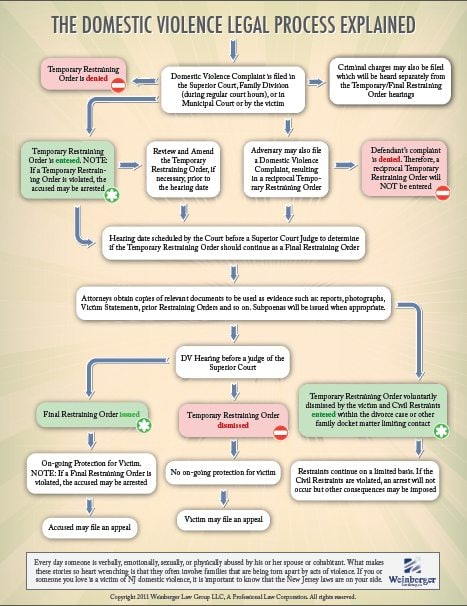Good news for those seeking “innocent spouse” tax relief from the IRS. Effective July 25, 2011, the agency will no longer enforce a rule that required taxpayers to file for innocent spouse status within a two-year time limit — a controversial provision that some lawmakers and tax experts said unfairly denied certain people who may have otherwise qualified, including victims of domestic violence or abuse. The policy change to the current tax law not only applies to those who file future claims but also to some taxpayers whose claims were rejected in the past.
IRS has required taxpayers to file for relief within two years after a collection notice. The deadline has prevented taxpayers who were in-the-dark about their spouse’s tax debts from seeking relief, the IRS taxpayer advocate and legal aid attorneys said.
“This change is a dramatic step to improve our process to make it fairer for an important group of taxpayers,” IRS Commissioner Doug Shulman said in an agency news release. “We know these are difficult situations for people to face, and today’s change will help innocent spouses victimized in the past, present and the future.”
An “innocent spouse” is a taxpayer who did not know and did not have reason to know that his or her spouse understated or underpaid their income tax liability. If a taxpayer meets certain qualifications as an innocent spouse, the IRS may suspend all tax liability or only hold the innocent spouse responsible for their share of the tax bill. The new change affects taxpayers applying for equitable relief, a category open to taxpayers who don’t meet strict requirements of other provisions in the innocent spouse law.
Why more time? As Washington Post columnist Michelle Singletary asked in her recent piece on the rule changes, what if a spouse was being abused or bullied and, although she may have known about the collection effort, was too afraid of her abuser to take action under after a separation or divorce? Under the former IRS provisions, it didn’t matter. She had to file within two years or was out of luck.
Singletary points out that dozens of members of Congress had been pushing for a policy revision on innocent spouse relief, likely a motivating force behind the agency’s sudden change of heart. Earlier this year, Nina Olson, U.S. National Taxpayer Advocate, had named elimination of the two-year rule one of her top legislative recommendations to Congress.
So what you should expect? Key changes for taxpayers include:
- The IRS will no longer apply the two-year limit to new equitable relief requests or requests currently being considered by the agency.
- A taxpayer whose equitable relief request was previously denied solely due to the two-year limit may reapply using IRS Form 8857: http://www.irs.gov/pub/irs-pdf/f8857.pdf, Request for Innocent Spouse Relief, if the collection statute of limitations for the tax years involved has not expired.
- The IRS will not apply the two-year limit in any pending litigation involving equitable relief, and where litigation is final, the agency will suspend collection action under certain circumstances.
According to a report in the Wall Street Journal, the IRS receives about 50,000 requests for innocent spouse relief per year, although the number of actual taxpayers is smaller because a taxpayer often requests relief for more than one year. The majority of appeals are filed by women.
Details on innocent spouse relief can be found in IRS Notice 2011-70: http://www.irs.gov/pub/irs-drop/n-11-70.pdf
Sources:
Internal Revenue Service info:
IRS
Washington Post article:
http://www.washingtonpost.com/business/economy/irs-does-the-right-thing-for-the-innocent-spouse/2011/07/27/gIQAvn3VdI_story.html
Wall Street Journal report:
http://online.wsj.com/article/SB10001424053111904772304576468413081448544.html
 Maria and Shane had leased their Jersey City apartment for three years when the couple decided to get a divorce. Shane moved in with his brother while he looked for a new place to rent. Maria remained in the apartment and over the next few weeks, had the building superintendent change the locks and paid the rent herself on the first of the month. Read more
Maria and Shane had leased their Jersey City apartment for three years when the couple decided to get a divorce. Shane moved in with his brother while he looked for a new place to rent. Maria remained in the apartment and over the next few weeks, had the building superintendent change the locks and paid the rent herself on the first of the month. Read more

 Nobody wants a messy
Nobody wants a messy 